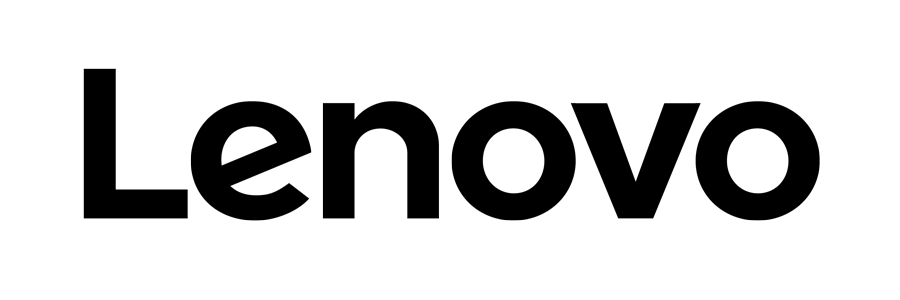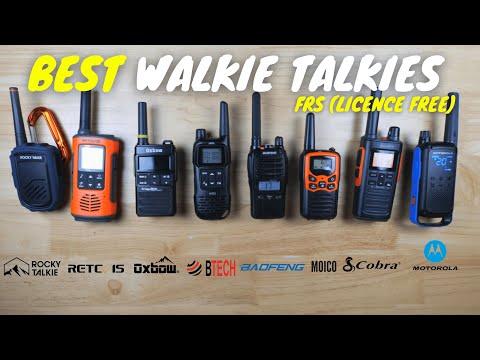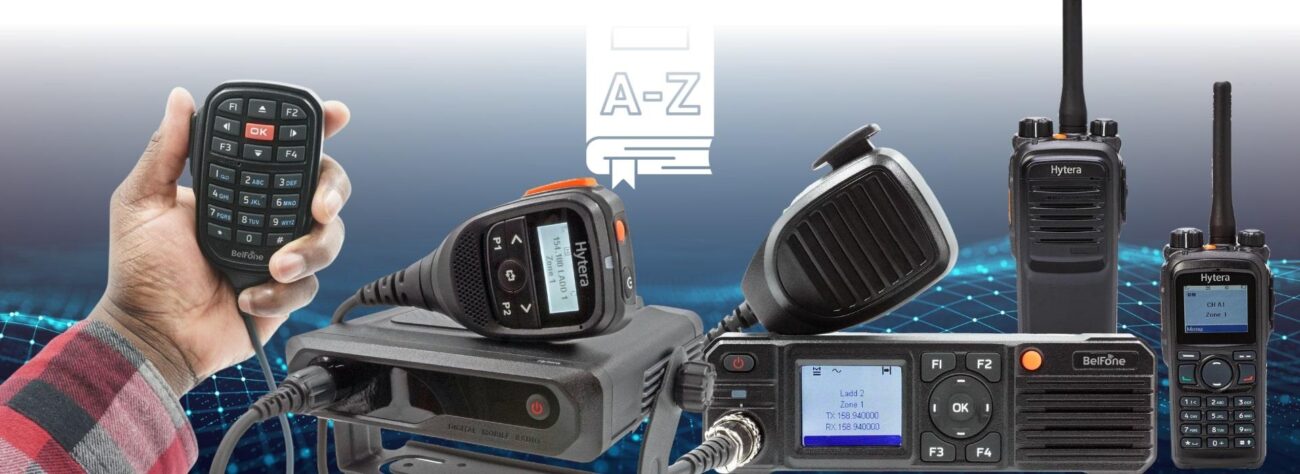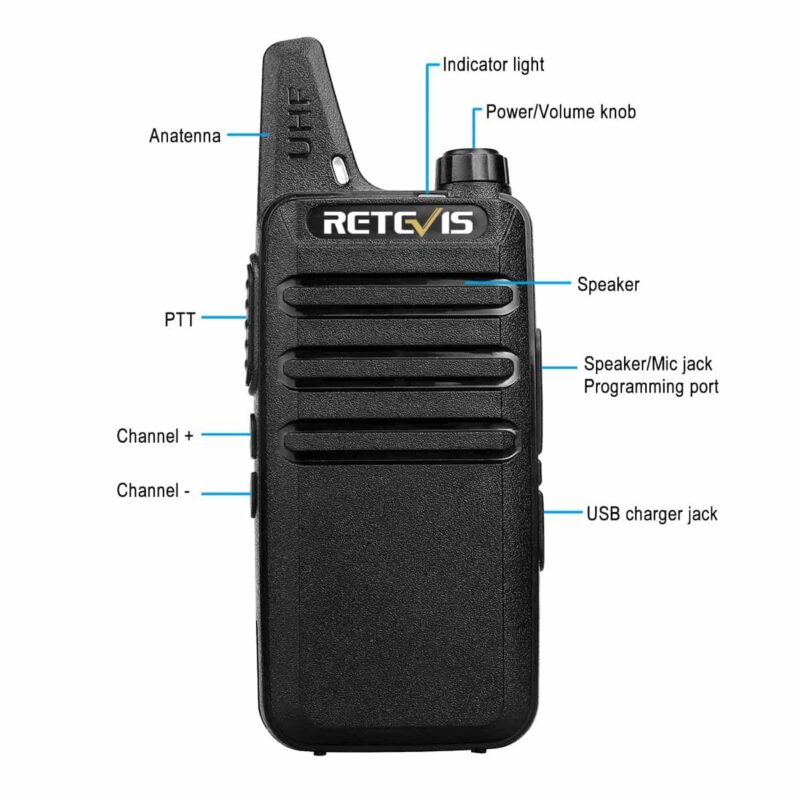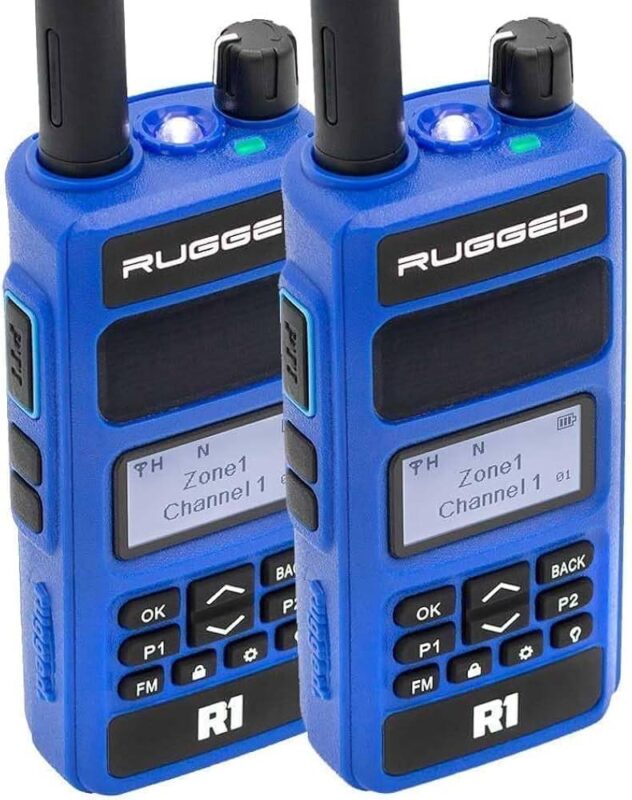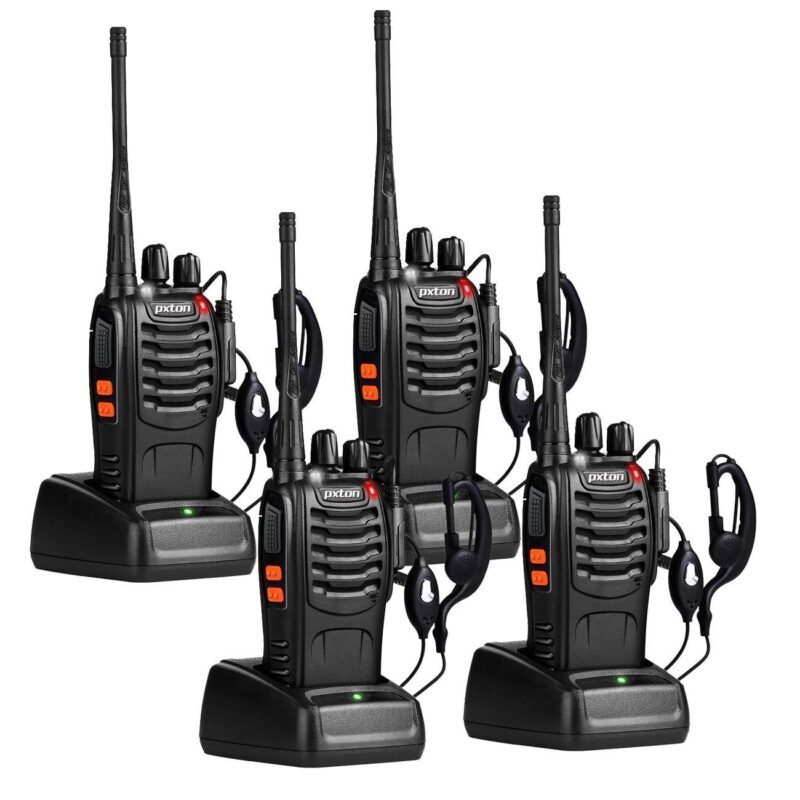
Blog
Hospitality Heroes: Radios in Hotel Management and Guest Services
Hospitality Heroes: Radios in Hotel Management and Guest Services
In the ever-evolving landscape of the hospitality industry, where guest satisfaction reigns supreme, the tools that empower staff to deliver exceptional service are more crucial than ever. Among these tools, the humble radio stands out as a silent yet powerful hero, seamlessly bridging interaction gaps and enhancing operational efficiency. Imagine a bustling hotel lobby, where front desk attendants coordinate seamlessly with housekeeping, maintenance crews respond swiftly to guest requests, and bellhops effortlessly navigate the maze of busy corridors—all while maintaining a calm and amiable atmosphere. This article delves into the indispensable role of radios in hotel management and guest services, exploring how these devices not only facilitate communication but also contribute to creating memorable experiences for guests and ensuring a harmonious environment for staff. Join us as we uncover the hidden heroes behind the scenes, amplifying the art of hospitality one transmission at a time.
Table of Contents
- Enhancing Guest Experience Through Seamless Communication
- Empowering Staff Efficiency with Modern Radio Technology
- Building a Safer Environment: Emergency Response and Coordination
- Integrating Training Programs for Effective Radio Use in Hospitality
- Q&A
- Future Outlook

Enhancing Guest Experience Through Seamless Communication
In the vibrant world of hospitality, the ability to communicate effectively can turn a simple stay into a memorable experience. Hotel staff armed with radios have the tools they need to respond swiftly to both guest requests and operational needs. This real-time communication eliminates delays, ensuring that requests such as housekeeping, room service, or emergency assistance are addressed promptly. Moreover, by utilizing clear channels of communication, staff can coordinate efforts seamlessly, allowing for a more cohesive approach to guest services. Key benefits of seamless communication include:
- Swift Issue Resolution: Quick responses to guest inquiries enhance satisfaction levels.
- Improved Coordination: Different departments can work together more effectively, lowering the chances of miscommunication.
- Heightened Guest Engagement: Staff can stay connected and be proactive in their interactions with guests.
To illustrate the impact of effective communication, consider the following comparison between traditional communication methods and radio use in hotels, presented in a simple table:
| communication Method | Response Time | Guest Satisfaction |
|---|---|---|
| Phone Calls | Moderate | varied |
| Walkie-Talkies | Instant | High |
| Text Messaging | Slow | Moderate |
This shift towards using radios reflects a strategic investment in both guest experience and operational efficiency. By integrating cutting-edge communication technologies, hotels are not just enhancing their service quality but also fostering an environment where every team member can contribute to the overall happiness of their guests.
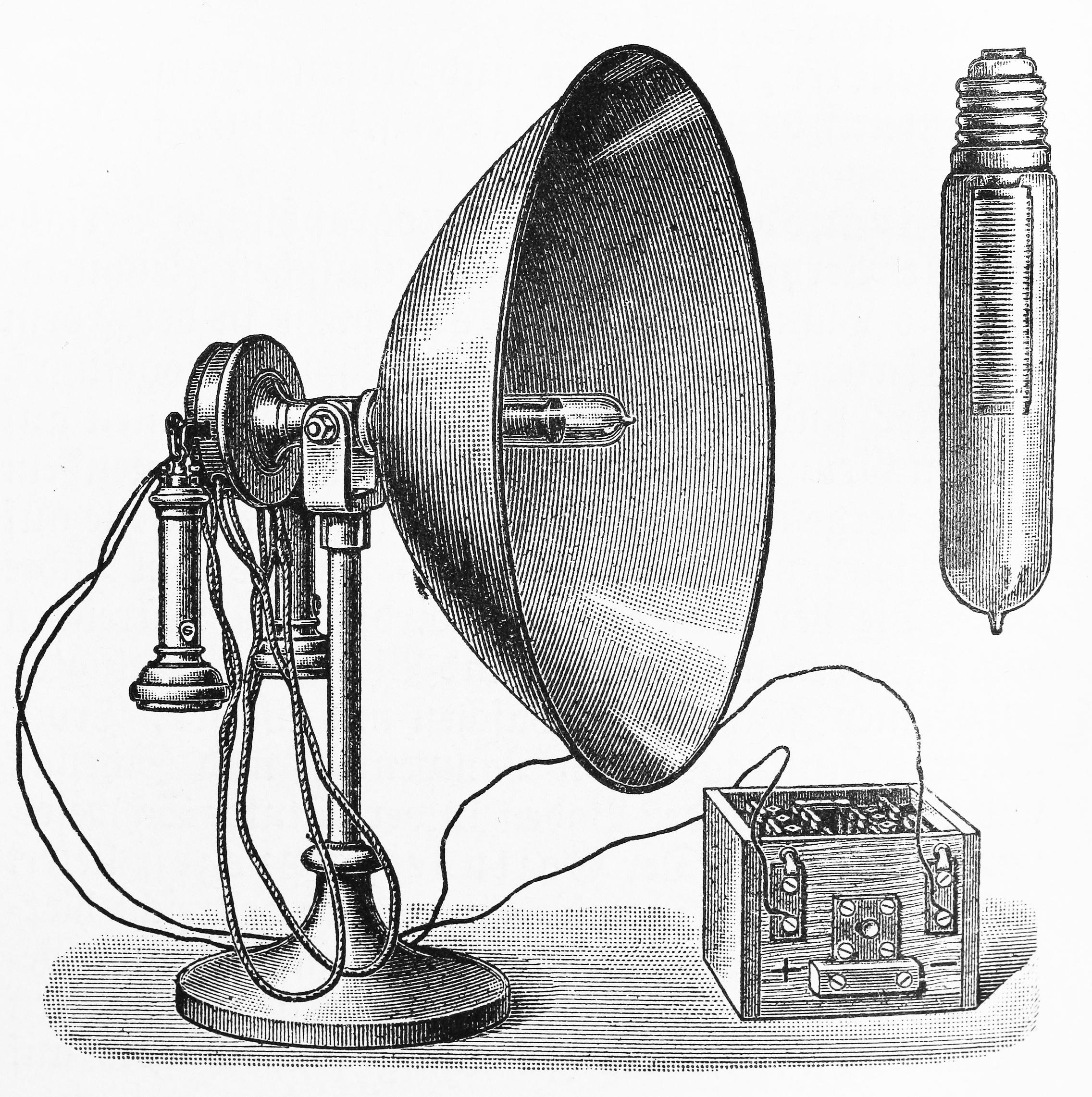
Empowering Staff Efficiency with Modern Radio Technology
In the fast-paced environment of hotel management, effective communication is crucial for delivering exceptional guest services. Modern radio technology empowers staff to maintain seamless connections, enabling quick decision-making and improved response times. With real-time communication, hotel teams can easily coordinate tasks, share crucial facts, and address guest requests instantly. The use of two-way radios fosters a culture of collaboration, ensuring that every staff member feels equipped to contribute to the hotel’s success.
Enhanced by features such as group messaging, emergency alerts, and noise cancellation, contemporary radios are designed to meet the unique needs of hospitality environments.Their durability and user-friendly interfaces make them indispensable tools for hotel staff, allowing for:
- immediate Guest Assistance: Quickly connect staff with front desk or maintenance teams to resolve issues.
- Efficient Housekeeping coordination: Streamline scheduling and room updates for better service delivery.
- safety Protocols: Facilitate emergency communication to ensure guest and staff safety.
| Features | Benefits |
|---|---|
| Compact Design | Easy to carry for staff on the move. |
| Long Battery Life | Ensures communication is maintained throughout shifts. |
| Water Resistance | Suitable for various hotel environments, from pools to kitchens. |
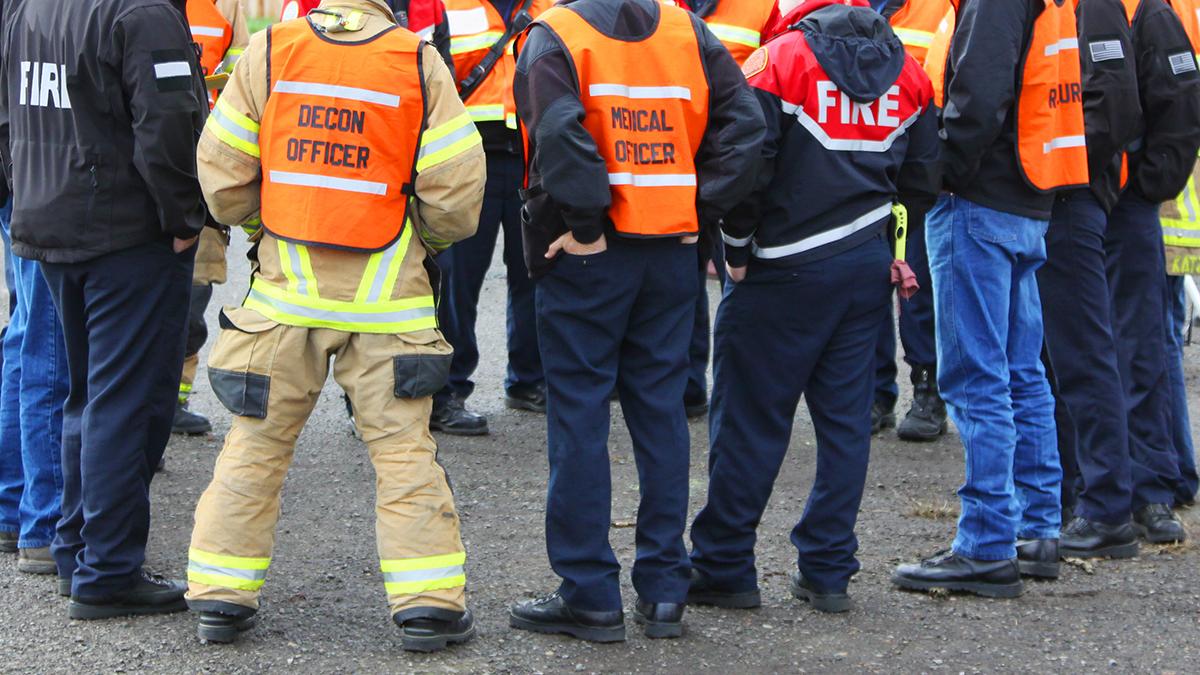
Building a Safer environment: Emergency Response and Coordination
In the fast-paced world of hotel management, effective communication is the backbone of a streamlined emergency response. Utilizing two-way radios enhances the ability of staff members to coordinate efficiently in crisis situations. With instant access to information, hotel teams can execute rapid evacuations, manage safety protocols, and monitor the well-being of guests. Essential roles such as front desk personnel, security, and housekeeping can seamlessly collaborate to ensure that every corner of the establishment is safe and secure. This collaborative effort becomes especially vital during unforeseen incidents, allowing teams to swiftly address potential dangers.
To ensure maximum preparedness, hotels can implement regular training sessions that focus on emergency response tactics and communication protocols using radios. These drills not only enhance staff confidence but also fortify guest safety measures. Key elements of an effective strategy include:
- Clear Communication Channels: Establish designated radio frequencies for different departments.
- Real-Time updates: Enable staff to share immediate updates during emergencies, facilitating faster responses.
- Emergency Contact lists: maintain accessible lists of local emergency services and internal contacts.
Incorporating technology into these procedures further strengthens overall efficiency. As an example, a simple tabletop view can illustrate critical emergency protocols, ensuring that all staff members understand their roles at a glance:
| Emergency scenario | Response Action | Responsible Staff |
|---|---|---|
| Fire Alarm | Evacuate guests, call 911 | Front Desk, Security |
| Medical Emergency | Provide First Aid, call paramedics | Front Desk, Housekeeping |
| Natural Disaster | Secure location, inform guests | All Staff |
Ultimately, maintaining an environment where guests feel secure is paramount. Two-way radios not only boost operational efficiency but also foster a culture of safety and preparedness throughout the establishment.
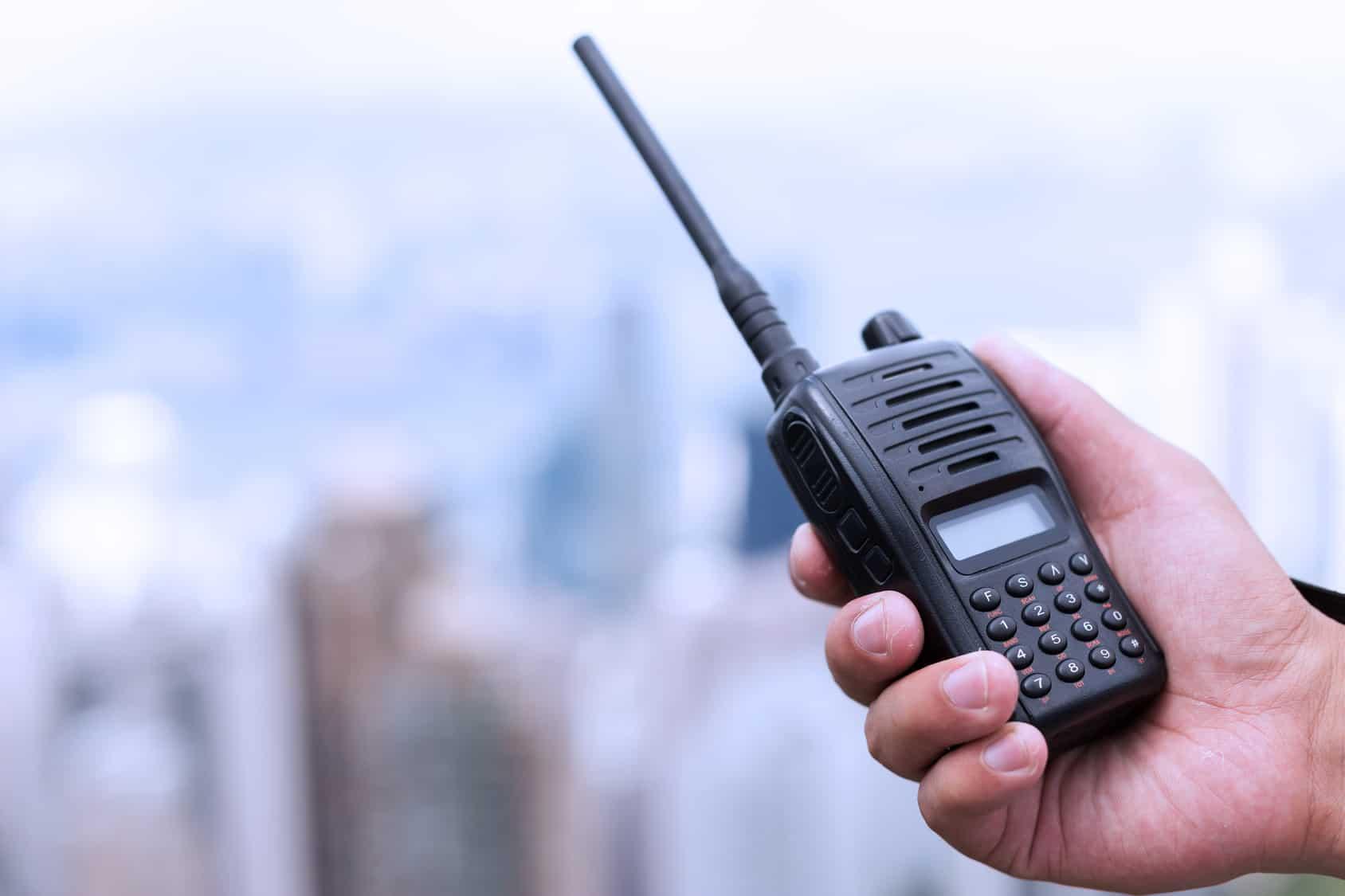
Integrating Training Programs for Effective Radio Use in Hospitality
To harness the full potential of radios in hotel management and guest services, it’s crucial to develop and implement extensive training programs that focus on effective communication practices. These training initiatives should emphasize key objectives, such as enhancing teamwork, improving guest interactions, and fostering a sense of urgency when addressing guest needs.
An effective program might include:
- Understanding Radio Protocols: Clear guidelines on how to initiate, maintain, and conclude conversations.
- role-Playing Scenarios: Practicing real-life situations guests may encounter to ensure staff can communicate promptly and efficiently.
- technical Training: familiarizing staff with the hardware to troubleshoot minor issues, ensuring smooth operations.
- Feedback Mechanism: Establishing a structure to review communication effectiveness and adapting as needed.
Moreover, integrating such training programs can lead to measurable improvements in both staff performance and guest satisfaction. By maintaining an emphasis on continuous learning, hotels can benefit from an engaged workforce that feels confident utilizing radio technologies.Here’s a brief look at how the deployment of effective training can shape the experience:
| Training Element | Expected Outcome |
|---|---|
| Radio Usage Guidelines | Minimized communication errors |
| Emergency Procedures | Swift response to crisis situations |
| Guest Interaction Protocols | Enhanced guest satisfaction ratings |
| Team Collaboration Exercises | Stronger staff relationships and teamwork |
Q&A
Hospitality Heroes: Radios in Hotel Management and guest Services – Q&A
Q1: What role do radios play in hotel management and guest services?
A1: Radios are pivotal in facilitating seamless communication among hotel staff. They enable quick responses to guest requests, ensure efficient coordination during peak times, and help resolve issues rapidly, enhancing both operational efficiency and the overall guest experience.
Q2: How do radios improve guest satisfaction in hotels?
A2: By allowing staff to communicate instantly, radios help meet guest needs promptly. Whether it’s a request for extra towels or immediate assistance with a locked door, the speed of communication significantly elevates the guest experience, leading to higher satisfaction and positive reviews.
Q3: Are radios the only communication tool used in hotels?
A3: While radios are a cornerstone of hotel communication, they complement other tools like mobile apps, intercoms, and messaging systems. Each serves a unique purpose, but radios excel in real-time, on-the-ground communication, making them invaluable in dynamic environments like hotels.
Q4: What types of radios are commonly used in the hospitality industry?
A4: Most hotels utilize a combination of two-way radios and digital walkie-talkies. These devices are designed for durability and ease of use. Some may also opt for smartphone apps that mimic traditional radio function,allowing for a modern twist on classic communication.
Q5: Can radios help in emergency situations?
A5: Absolutely. Radios are essential in emergencies, enabling staff to alert one another quickly and coordinate responses. Prompt communication about fire alarms, medical emergencies, or security threats can significantly mitigate risks and ensure guest safety.
Q6: How do hotels train staff to use radios effectively?
A6: Training typically includes hands-on sessions where staff learn to use radios to communicate clearly and concisely. Role-playing scenarios help practice responding to guest requests and emergency situations, ensuring that everyone feels confident and capable when it matters most.
Q7: Are there any drawbacks to using radios in hotel settings?
A7: while radios are effective, they can have limitations, such as signal issues in larger properties or interference in busy urban areas. Also, over-reliance on radios may lead to gaps in service if certain requests are lost in transmission. Finding the right balance with other communication methods is key.
Q8: Has technology impacted how radios are used in hotels?
A8: yes, advancements in technology have led to more refined radios with digital features like encryption, noise cancellation, and integration with other hotel management systems. This evolution enhances privacy, clarity, and efficiency, making radios even more effective for hotel operations.
Q9: What future trends can we expect regarding the use of radios in hospitality?
A9: The future may see the integration of radios with IoT devices,allowing for automated messaging and smart room controls. Expect more intuitive communication platforms that blend traditional radio functions with modern technology, ultimately enhancing service delivery in hotels.
Q10: Why should hotel managers consider investing in professional radios for their teams?
A10: Investing in professional radios is a game-changer for hotel management.They streamline communication, lead to quicker resolutions of guest needs, improve staff coordination, and can ultimately enhance guest satisfaction and loyalty. It’s an investment in both operational efficacy and the guest experience.
Future Outlook
As we wrap up our exploration of “Hospitality Heroes: Radios in Hotel Management and Guest Services,” it’s clear that these unassuming devices play a pivotal role in shaping the guest experience. From enhancing communication flows among staff to ensuring that every need is promptly met, radios hold the key to a well-orchestrated hospitality environment. They are not just tools; they are the lifelines that connect teams, allowing them to respond swiftly to challenges and elevate service standards.In an industry where every detail matters, the value of efficient communication can’t be overstated. As hotels continue to embrace technology and innovate their service delivery, radios will undoubtedly remain an essential element of the hospitality toolkit. let us recognize the unsung heroes behind the scenes—those who wield these devices to make our stays memorable, agreeable, and seamless.As we look to the future, may we continue to celebrate the symbiosis of technology and hospitality, where every conversation, every transmission, and every connection creates a tapestry of exceptional service. After all, in the world of hospitality, it is indeed frequently enough the little things that make the biggest difference. Here’s to the hospitality heroes,making waves one radio call at a time.
